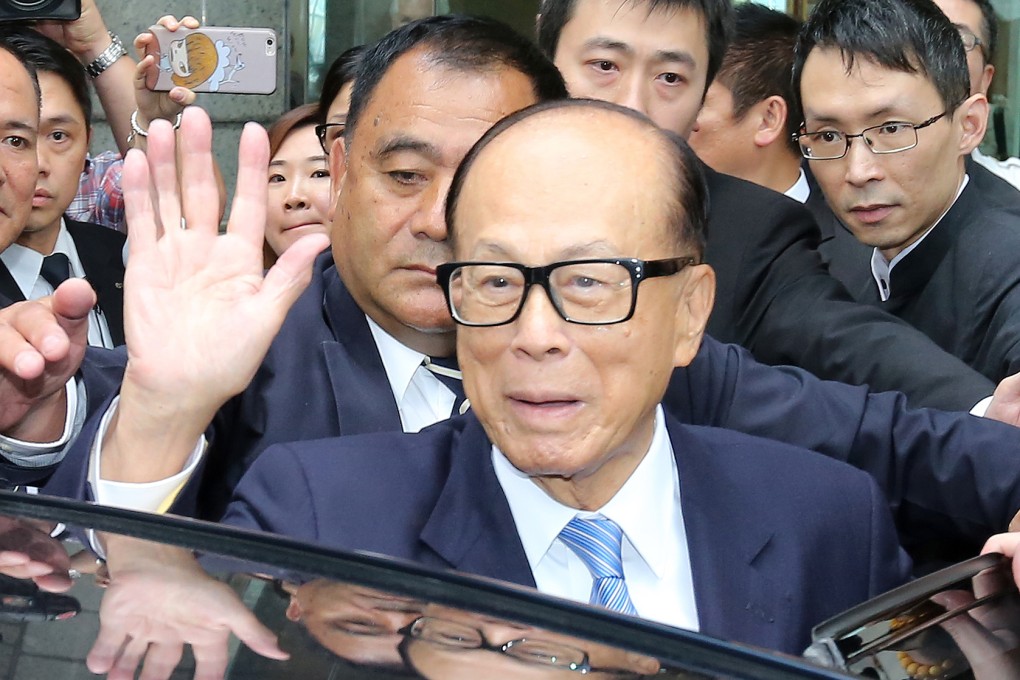What the Mainland Media Say | Attack on Li Ka-shing ignores ills of business environment
Instead of accusing businesses of being unpatriotic, the real question is why are they shifting their capital out of China?

Asia’s richest man Li Ka-shing, the Beijing-friendly property tycoon long seen as the pride of the Chinese, was denounced in a controversial article by a think tank affiliated with the state-run Xinhua news agency on September 13, for moving his capital away from China.
The article on the website of the Liaowang Institution made waves across mainland media and stirred heated debate.
Headlined “Don’t let Li Ka-shing run away”, it accused Li of forgetting the favours the motherland had done him over the years, and of making a quick exit as soon as China’s economy hit trouble.
“At this sensitive time when China’s economy is in crisis, he keeps selling his assets and spreading pessimistic sentiment ... He has fallen from the moral high ground,” the article charged.
[Li] keeps selling his assets and spreading pessimistic sentiment
It said Li had not grown rich from a level-playing field in a market economy, but owed his success to his connections with top officials, who hd given him access to prime locations, often at hugely discounted prices.
